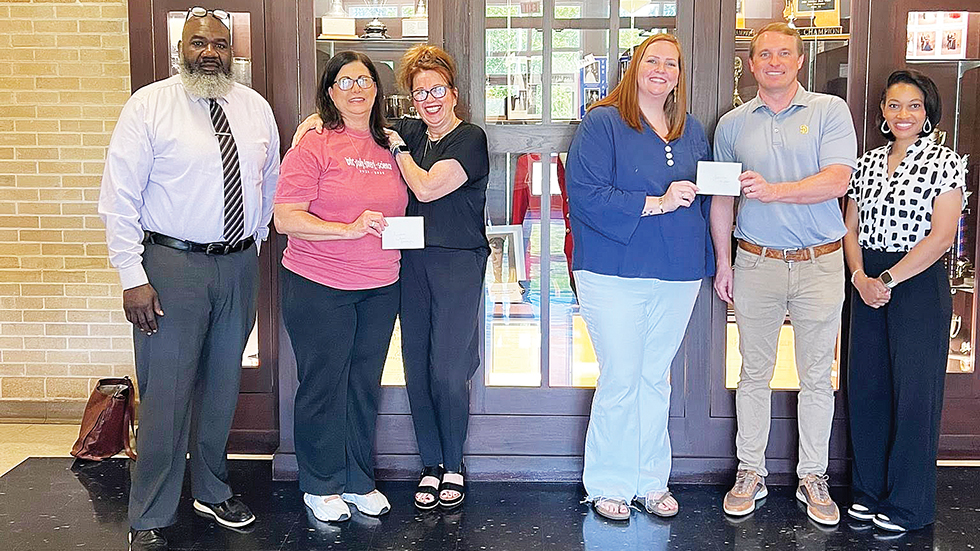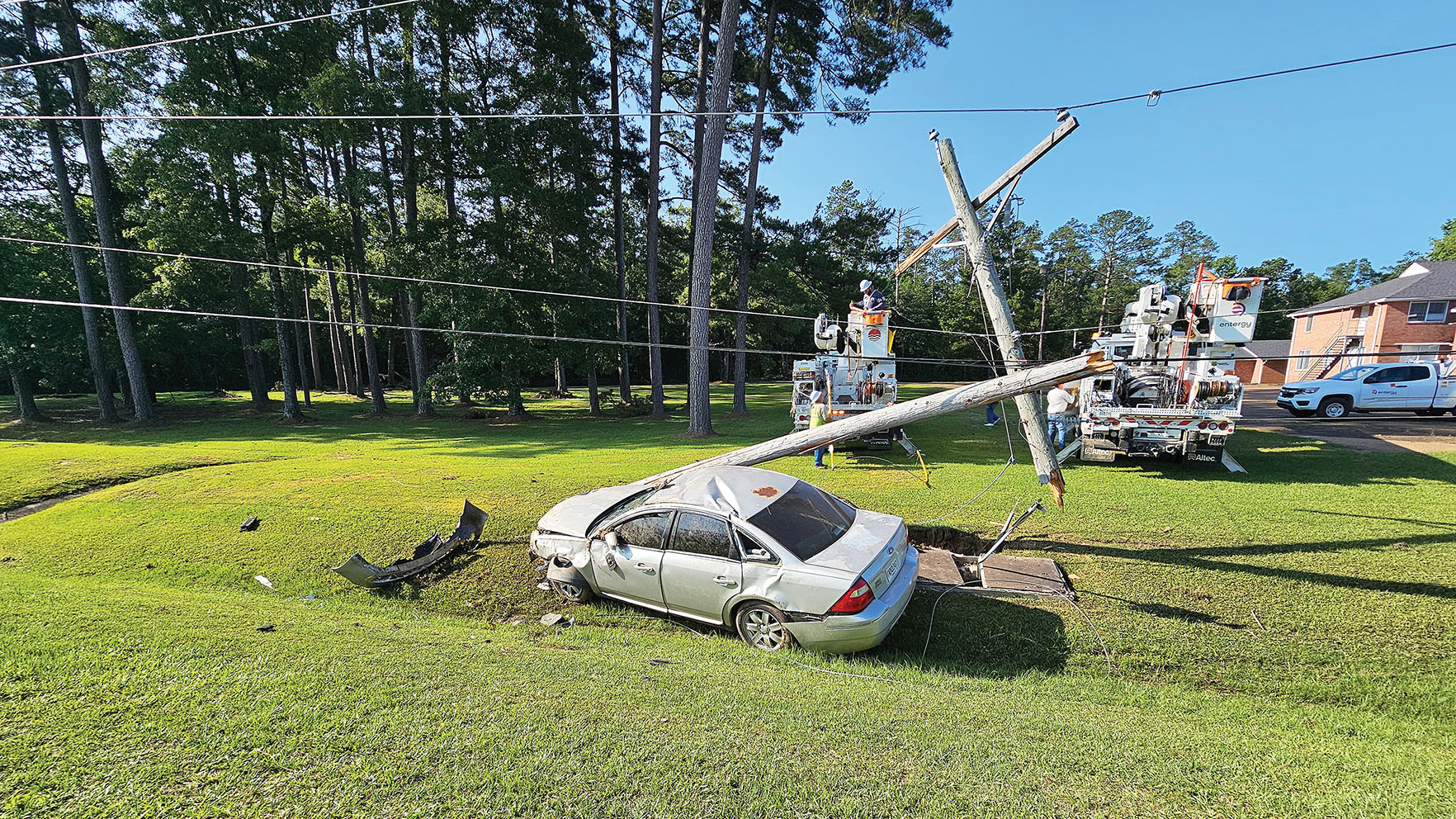Do you know anyone in the TATE family?
Published 8:41 pm Saturday, February 6, 2016
Meet the TATES. Some of them are in your business. Some have positive attitudes and others have negative attitudes. They are easy to recognize.
• DICK TATE — Dick always wants to run the show. He hasn’t learned anything about teamwork. He doesn’t understand that being a leader is not the same as being a dictator. He never considers others in decision making and wonders why he is not linked by his coworkers.
• RO TATE — Change is the name of the game, no matter if it is needed or not. Even if the team has a good thing going he doesn’t consider sticking with it. He doesn’t consider all the ramifications of impending changes and doesn’t plan ahead for issues that may arise.
• AGI TATE — She is a troublemaker and causes disruptions by always being critical of others and ideas that are not hers. She doesn’t understand the advantages of cooperation. The criticism is always delivered in a hurtful manner. She is selfish and hampers growth in the organization.
• IRRI TATE — She quibbles about everything. If it isn’t her idea or she doesn’t control it, she tries every way to sabotage the idea. Nothing seems to agree with her. She is not supportive of the team’s efforts but also doesn’t offer any constructive ideas for improvement. She needs a lesson in understanding that there is a positive way to offer differing ideas and opinions.
• HESI TATE — This fellow doesn’t want to try anything new. It’s always been done this way before and why change? She is slow to make decisions. There is always a hesitation to find new and more innovative ways to do things.
• VEGI TATE — Vegi is the twin of Hesi. She’s in a state of rigor mortis because she wouldn’t try anything new. She is closed to any new ideas and is unwilling to listen to other viewpoints. She is not willing to seek better ways to do things.
• EMMA TATE — Emma is a copycat. She has no originality and would rather do it like someone else. There is no creative or innovative thinking. Emma needs to learn that what works for one doesn’t always work for another.
• DEVAS TATE — The destroyer! He is critical of management, employees, services, products, customers, operations and anything else that will help destroy the organization. Devas Tate comes to work and sits back, never to be bothered by questions from customers or fellow employees. He feels entitled to have his job and to be paid just for being there.
• FACILI TATE — He makes things easier in the organization by being participative and cooperative. He seeks to build relationships in the team by consensus. He enhances growth of team members with a supportive and positive attitude. He is willing to try new ideas and speaks well of his coworkers and the company.
• COGI TATE — He’s the thinker, the planner. He promotes the good attributes of the group and emphasizes the positive qualities. He actively looks for new and better ways to do things and makes changes for improvements. He is always looking for new marketing techniques and seeks opportunities for better service. He is open to learning from others and takes advantage of all training opportunities. He understands the importance of planning and development.
• MEDI TATE — Medi wants what is best for the entire team as well as understanding what is the best for each individual team member. She has an understanding of the resources available and how to use them to fulfill needs. She thinks things through and doesn’t “shoot from the hip.” She believes effective learning and thoughtful planning is the basis for action oriented results that makes the team more effective.
That’s the TATE family. Recognize anyone? Do you see yourself in any of the brothers and sisters? Do you see relations to any of your employees? Oftentimes, people do not recognize their traits and how they affect the overall performance of the company. No one sees himself or herself as others do. As an employer, it is your job to identify the positive and negative traits in your staff and work toward enhancing the positive and correcting the negative. An employee who wants to succeed will accept constructive criticism and not only recognize needed changes but also work toward making a turnaround. When this happens the employee and the business will experience success and fulfillment.
Becky Vaughn-Furlow retired from Trustmark Bank as executive vice-president and human resources director. She can be contacted by emailing bvaughnfurlow@gmail.com.





